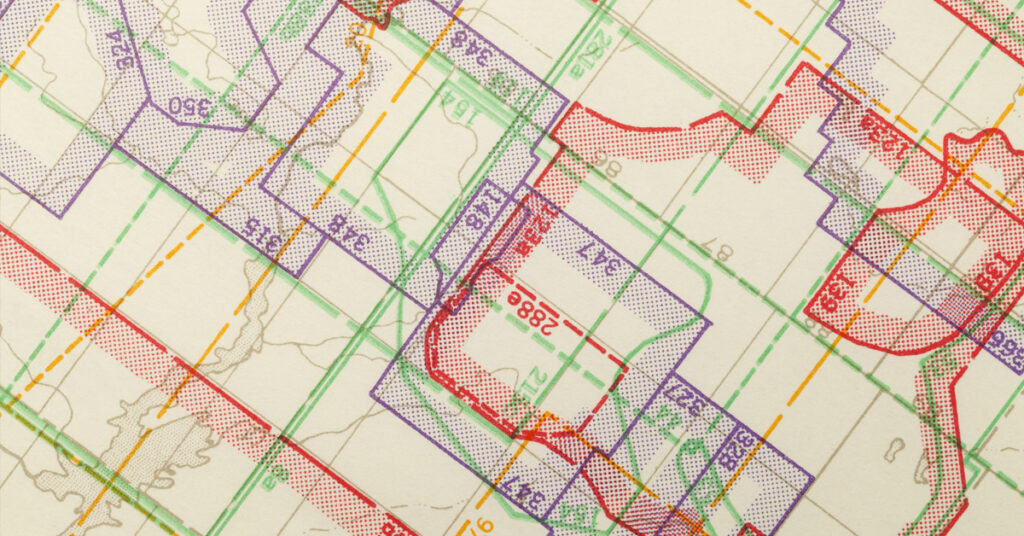ZONING LAWS AND LAND VALUE: DECODING THE REGULATORY INFLUENCE
Zoning Laws and Land Value: Decoding the Regulatory Influence
Zoning laws play a pivotal role in shaping the urban and rural landscapes of our communities. These regulations, established by local governments, dictate how land can be used and developed within specific areas. While their primary intention is to promote organized growth and maintain a balance between different land uses, zoning laws also have a significant impact on the value of land. This article delves into the intricate relationship between zoning laws and land value, highlighting their regulatory influence on property economics.
The Basics of Zoning Laws
Zoning laws classify land into different zones, each with its designated purpose, such as residential, commercial, industrial, or agricultural. These regulations prevent incompatible land uses from coexisting, aiming to reduce potential conflicts and enhance the overall quality of life for residents. For example, zoning laws typically separate noisy factories from quiet residential neighborhoods and high-rise commercial buildings from open green spaces.
Direct Impact on Property Value
The type of zoning assigned to a particular piece of land can directly impact its value. Properties in zones designated for commercial or mixed-use purposes often have higher values due to their potential for generating income. On the other hand, properties located in residential or agricultural zones might have lower values, as their development potential is restricted.
For instance, a residential property located in a zone that allows for mixed-use development might command a higher price because of its potential for housing and commercial purposes. Similarly, a piece of land zoned for industrial use might have limited residential value due to potential noise, pollution, and incompatible land uses.
Supply and Demand Dynamics
Zoning laws can significantly influence the supply of developable land within a certain area. If zoning regulations are strict and limit the amount of land available for development, the supply of properties may decrease. This scarcity can drive up property values as demand remains constant or increases. Conversely, if zoning allows for expansive development, the increased supply can lead to decreased property values if demand does not keep up.
Zoning Changes and Property Value
The process of rezoning, where local authorities modify the designated use of a particular piece of land, can have a profound impact on property values. When a property’s zoning changes to a more permissive designation, such as from residential to mixed-use, its value can rise significantly. This is because the potential uses of the property expand, attracting a broader range of buyers or investors.
However, rezoning can also work in the opposite direction. If a property’s zoning changes to a more restrictive category, its value might decrease. For example, if a commercial property is rezoned for purely residential use, its potential income-generating capacity diminishes, leading to a potential decrease in value.
Zoning and Property Development Costs
Zoning laws not only influence property values but also impact the costs of property development. Stricter zoning regulations might require developers to adhere to specific design standards, use expensive building materials, or undergo a lengthy approval process. These additional costs can either be passed on to buyers and renters or discourage developers from investing in the area altogether.
Balancing Growth and Preservation
While zoning laws play a vital role in promoting orderly development, they can sometimes stifle innovation and growth. Striking the right balance between preserving the character of a community and encouraging economic development is a challenge that local authorities continually face.
In conclusion, zoning laws wield substantial regulatory influence over land value. The classification of land into various zones directly affects property values, supply and demand dynamics, development costs, and the potential uses of the land. A nuanced understanding of these dynamics is crucial for homeowners, investors, developers, and policymakers alike as they navigate the intricate relationship between zoning laws and property economics.


